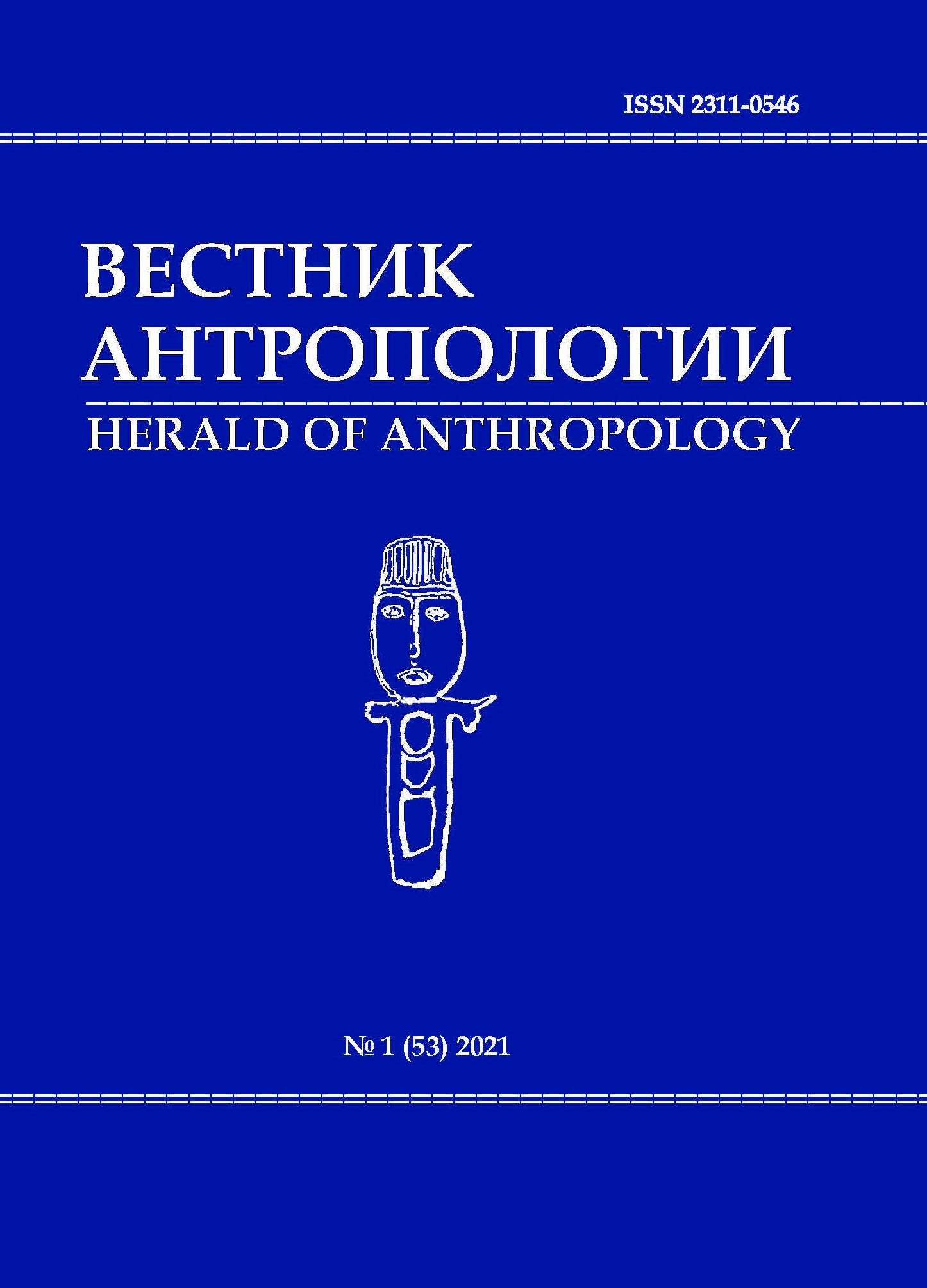Зачем антропологам изучать инвалидность?
DOI: 10.33876/2311-0546/2021-53-1/33-35
Ключевые слова:
инвалидность, люди с ограниченными возможностями здоровья, этнология, социокультурная антропология, РоссияАннотация
Инвалидность, являющаяся сложным социокультурным феноменом, имеющим биологические корни, до сих пор находится на обочине исследовательского интереса у отечественных этнологов и социальных антропологов. Между тем, это явление существует в определенном историко-культурном контексте, на его восприятие и осмысление, а также на отношение к людям с ограниченными возможностями здоровья оказывают влияние различные культурные факторы: этнические и религиозные традиции, гендерные стереотипы, особенности социальной психологии конкретных групп. В этой небольшой вводной статье автор стремится показать, что именно может привлечь этнологов и социальных антропологов к данной проблематике. Среди тем, которые мало или вовсе не изучались отечественными учеными, можно назвать проблемы другой телесности в разных культурах, соотношение красоты, уродства и инвалидности в разные эпохи, существование особой культуры (или субкультур инвалидности), стили жизни людей с разными категориями инвалидности, этнические традиции помощи или избегания людей с инвалидностью, репрезентация инвалидности в разных религиозных системах, формирование многочисленных стереотипов и клише, в том числе в современных обществах и многое другое.
Ссылка при цитировании: Носенко-Штейн Е.Э. Зачем антропологам изучать инвалидность? // Вестник антропологии, 2021. № 1 (53). С. 33–35.






















